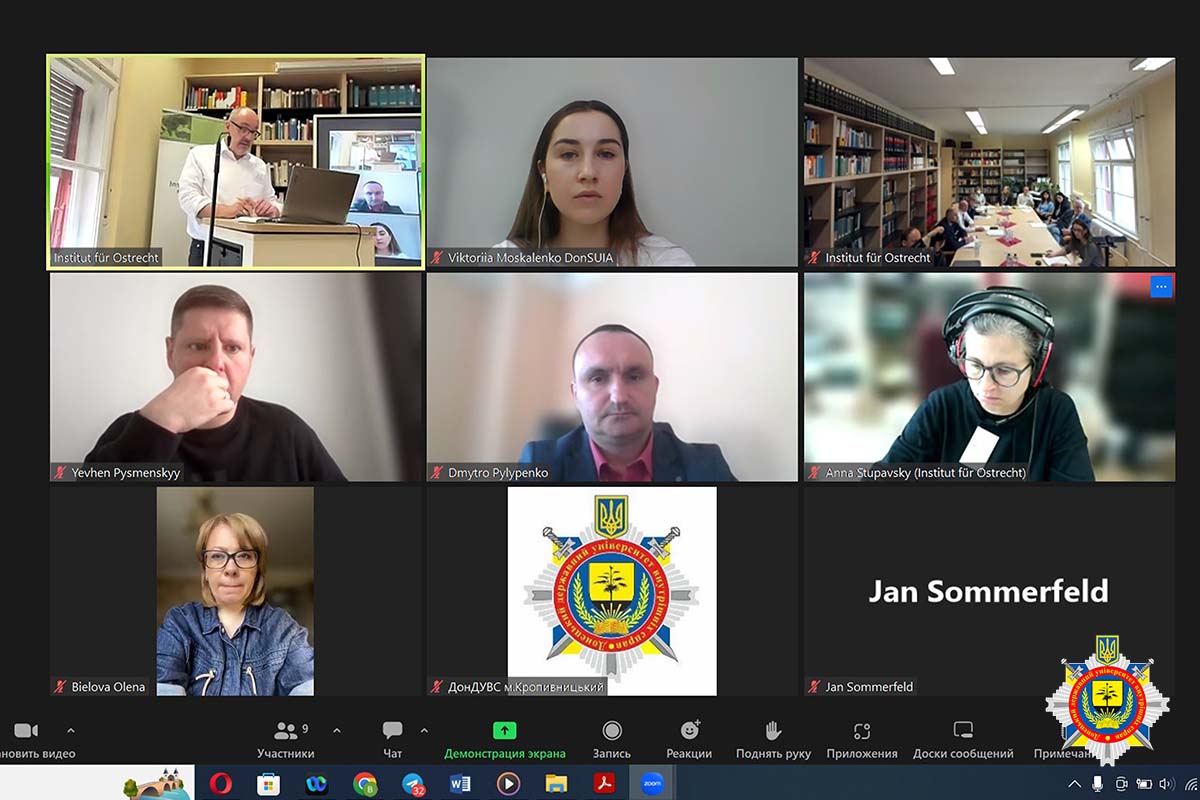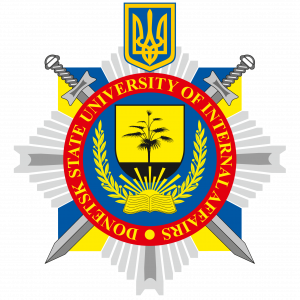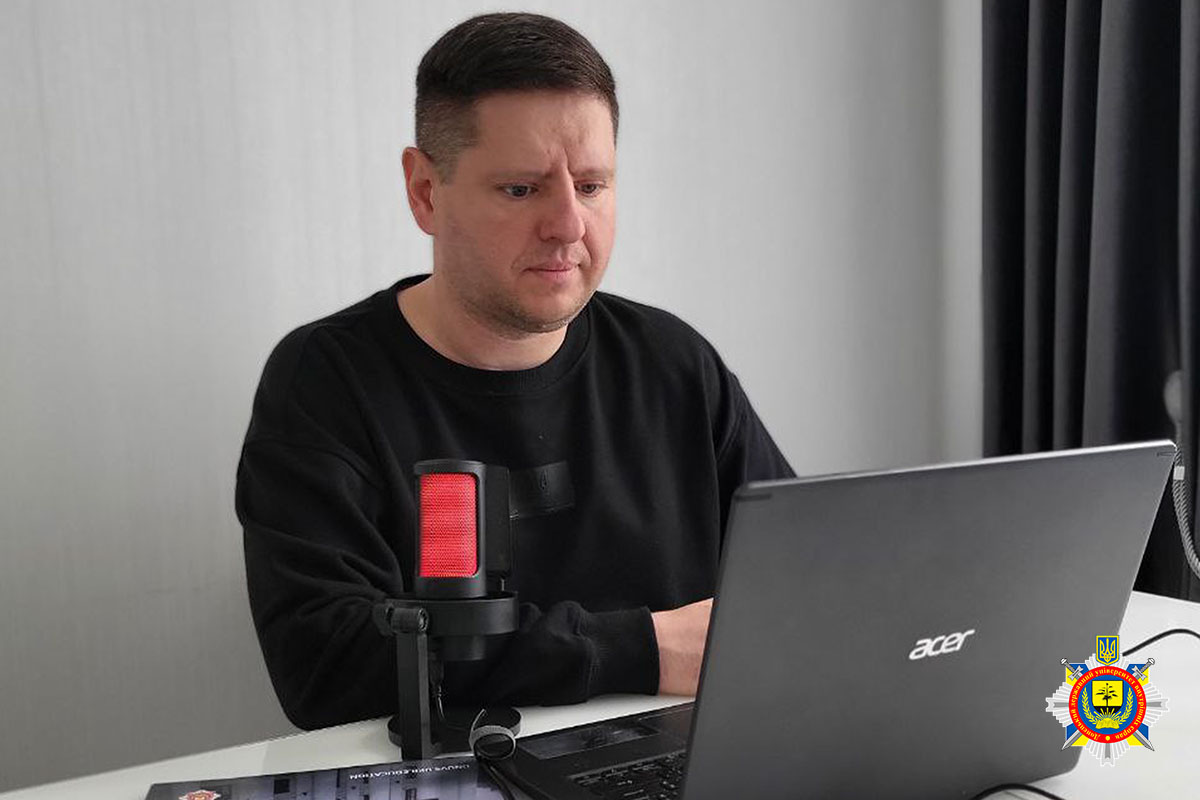Head of the Department of Police Activities of the Luhansk Educational and Research Institute named after E.O. Didorenko of DonSUIA Yevhen Pysmenskyi and Head of the Department of Criminal Legal Disciplines of the Kryvyi Rih Educational and Research Institute of the DonSUIA Dmytro Pylypenko became participants in the pilot research project of the Donetsk State University of Internal Affairs and the Institute of Eastern European Law (Regensburg, Germany) “Restorative (rehabilitation) justice in Ukraine: (lack of) a study of Soviet injustice from 1991 to the present.”
The purpose of the project is to summarize the existing legal norms and practices of combating the relics of the Soviet system by accessing archival documents that are in Germany. The result of the project will be the development of a methodology for eradicating the relics of the Soviet era heritage from Ukrainian legislation and law enforcement practice.
 The main topics of research:
The main topics of research:
– condemnation of the Soviet regime as illegal, eradication of its symbols, etc.;
– bringing to justice the perpetrators (punishment, lustration), the problems of continuing to work in the public service, rehabilitation of victims (moral recognition, compensation for the damage caused to persons and their property, special forms of compensation for victims);
– the legacy of the old regime (access to documents of the secret police, special services, party apparatus).
As part of the implementation of this project, Yevhen Pysmenskyi and Dmytro Pylypenko took part in the training seminar “Socialist state crime and post-socialist legal response measures in Eastern Europe.” The event was held at the Institute of East European Law (Regensburg, Germany). The representatives of the university delievered speeches online and presented the intermediate results of the research conducted within the specified issues.
 Yevgeny Pysmensky spoke on the topic “The Soviet regime in Ukraine and its modern policy of ensuring criminal legal protection of historical memory”. He found out and highlighted what the current policy of Ukraine is for ensuring criminal-legal protection of historical memory regarding the victims and consequences of the Soviet regime at the legislative and law-enforcement levels, and whether there are proper (full and sufficient) grounds for criminal-legal response to encroachments in the relevant field. The scientist stated that the study of this problem is the basis for improving legal protection of historical memory, taking into account the development of the modern Russian-Ukrainian war.
Yevgeny Pysmensky spoke on the topic “The Soviet regime in Ukraine and its modern policy of ensuring criminal legal protection of historical memory”. He found out and highlighted what the current policy of Ukraine is for ensuring criminal-legal protection of historical memory regarding the victims and consequences of the Soviet regime at the legislative and law-enforcement levels, and whether there are proper (full and sufficient) grounds for criminal-legal response to encroachments in the relevant field. The scientist stated that the study of this problem is the basis for improving legal protection of historical memory, taking into account the development of the modern Russian-Ukrainian war.
Dmytro Pylypenko reported on the topic: “Actual issues of the compensation for damages to victims of crimes in modern Ukrainian conditions.” The scientist highlighted the shortcomings remaining in the current legislation since the Soviet times in the context of compensation for damages to persons who suffered as a result of the commission of criminal offenses. He emphasized that one of the urgent issues today remains the definition of an effective, legal mechanism for compensation of damages to victims of crimes at the expense of the state. Dmytro Pylypenko analyzed the current state of the normative formation of this mechanism and emphasized the urgency of its implementation in Ukraine as soon as possible.
 The result of participation in the online event was the presentation of his own developments, the formation of joint Ukrainian-German research groups, which will continue to conduct research in accordance with the specified topic of the project.
The result of participation in the online event was the presentation of his own developments, the formation of joint Ukrainian-German research groups, which will continue to conduct research in accordance with the specified topic of the project.










